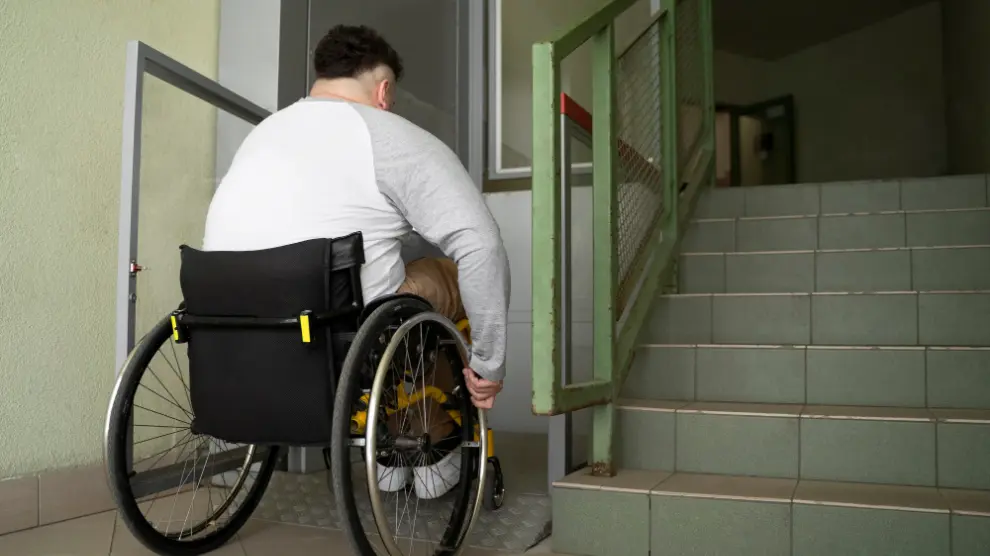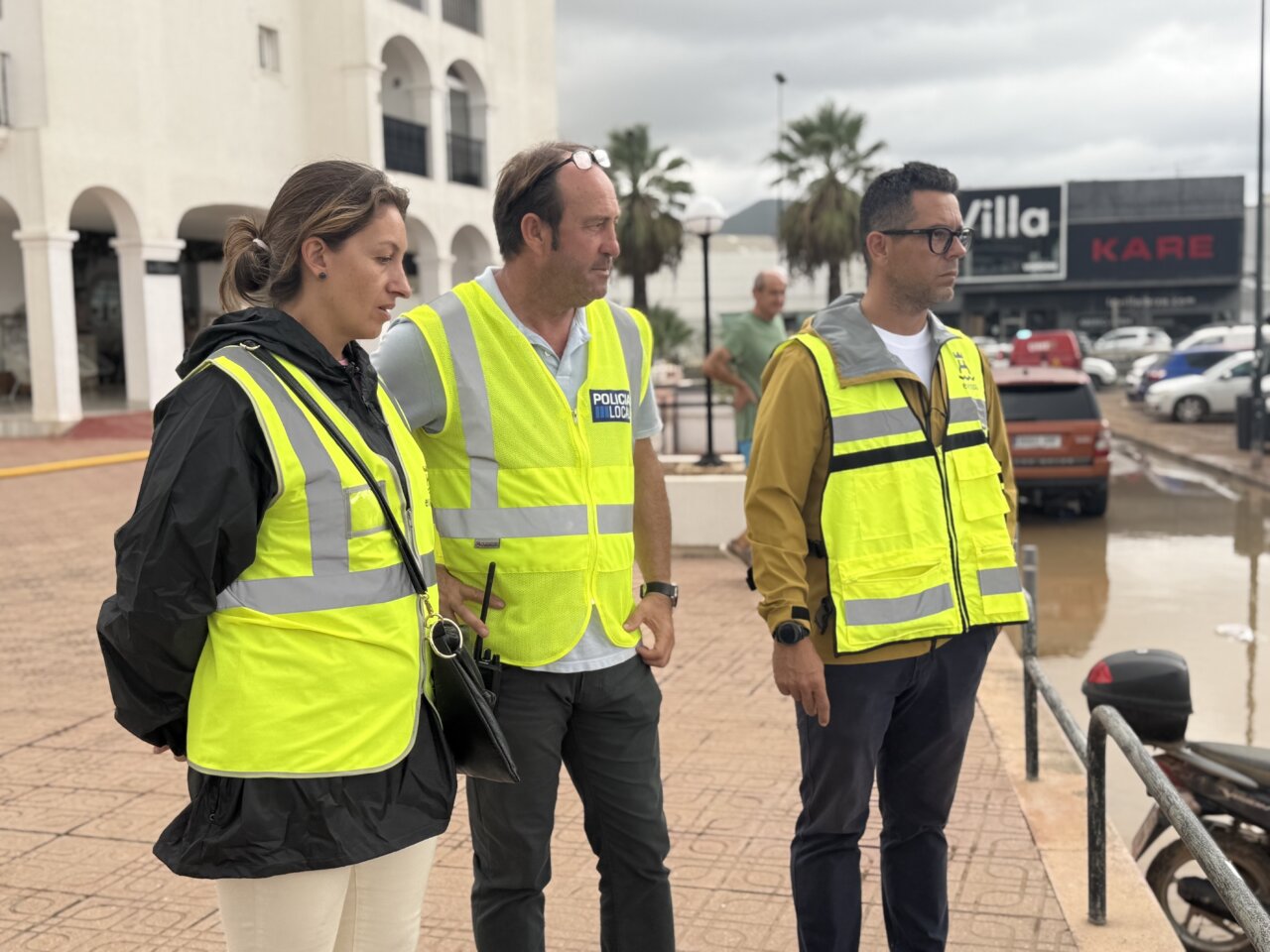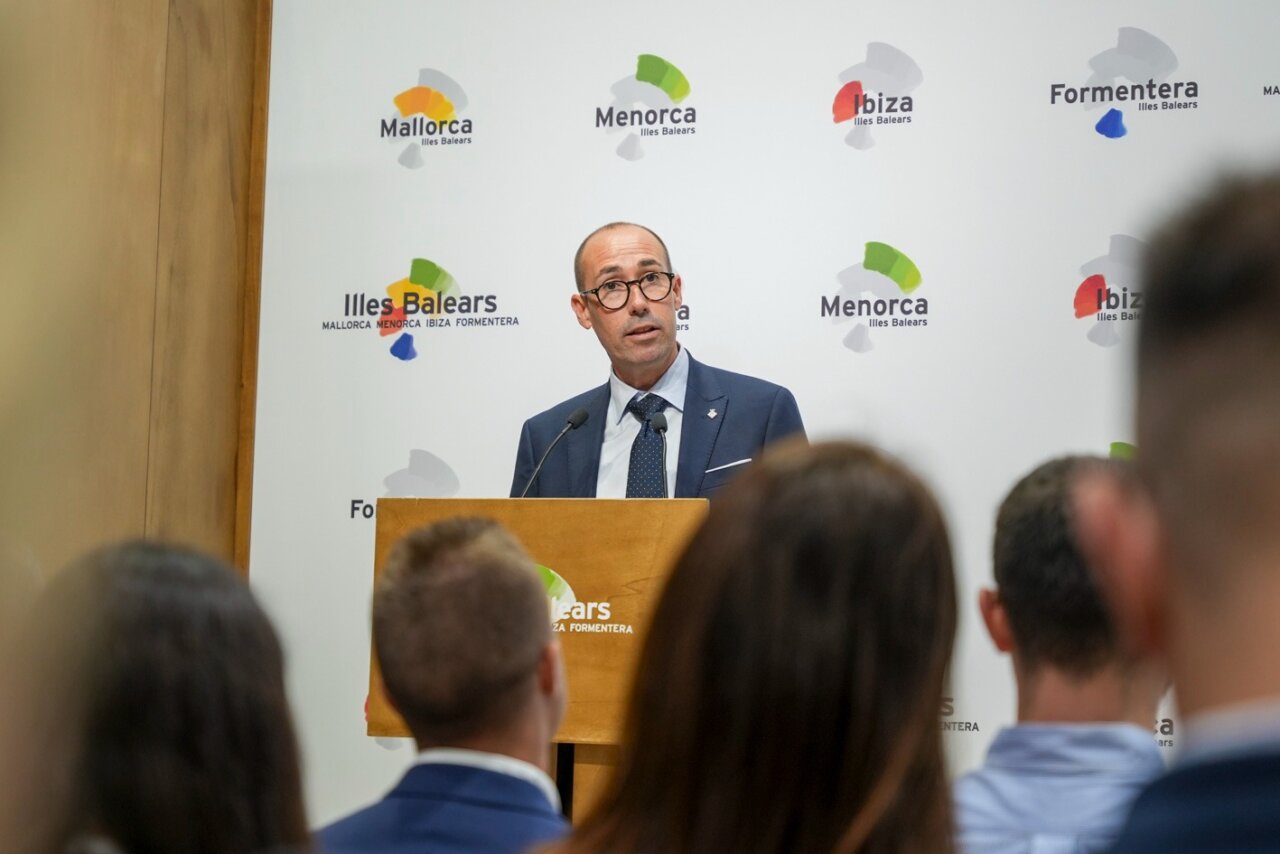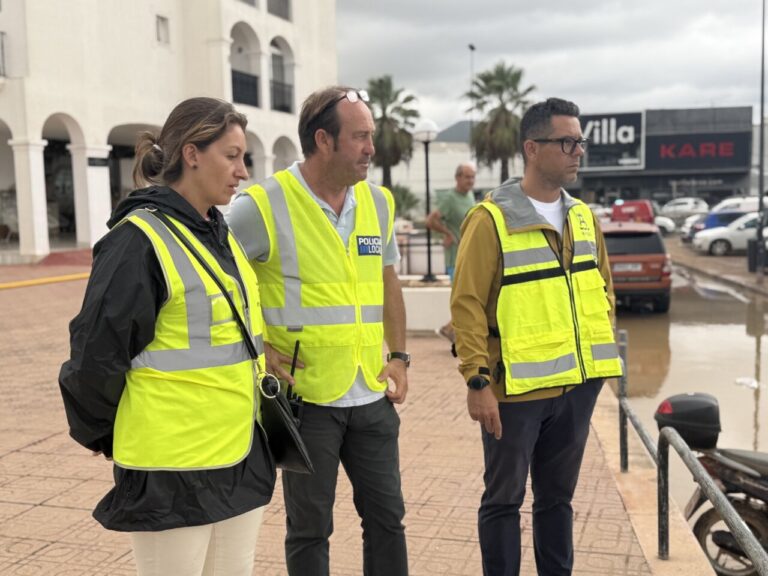The works in the communities of neighbors often generate conflicts, especially when they involve high expenses or when they only benefit one of the owners. Among the most common questions is whether or not accessibility or conservation work requires approval at the meeting, or who should bear the cost.
The Horizontal Property Law (LPH) offers a clear response to this type of situation, establishing that certain works are obligatory even if they do not have the favorable vote of the community.
Legal obligation to carry out construction work without prior agreement
Article 10 of the Horizontal Property Law expressly regulates the cases in which the communities are obliged to carry out works. This section states that the communities have the obligation to carry out conservation, maintenance and universal accessibility actions, even when there is no agreement in the owners’ meeting.
According to the regulations, mandatory works include those that:
-
They have been imposed by the Public Administrations.
-
They have been requested by owners when necessary for the maintenance, safety or accessibility of the property.
The law specifies that these actions must meet the basic requirements of habitability, safety and universal accessibility. Therefore, they do not depend on the will of the neighbors, but on the need of the property or the circumstances of its residents.
Elevators, ramps and other accessibility devices
Among the most common works included in this legal framework are the installation of elevators, ramps or mechanical and electronic devices that facilitate mobility, communication or orientation within the building.
These actions are usually requested especially when people with disabilities or people over 70 years of age reside in the property, and their purpose is to eliminate architectural barriers that hinder access to or use of common areas.
In fact, the LPH considers that these improvements are essential to guarantee universal accessibility, and therefore, their execution cannot be rejected by the community.
Who must pay for the mandatory works in the building?
One of the most recurrent questions in these cases is who assumes the cost of the works. The Horizontal Property Law clarifies that they must be paid by all the owners of the community, proportionally to their participation quota.
The neighborhood council cannot refuse to execute it, and its role is limited to establishing the distribution of the surcharge and the terms or conditions for payment.
Article 10 of the LPH also sets an economic limit: the works will be obligatory if their annual cost, net of public subsidies, does not exceed 12 ordinary monthly payments of common expenses.
For example, if the community pays 100 euros per month in installments, the works may be carried out without a vote if the total expenditure does not exceed 1,200 euros per resident per year, provided that they comply with the accessibility or conservation requirements.
Public subsidies and grants
The law also provides for the possibility of accessing public subsidies to finance the works. If the community is eligible for subsidies covering at least 75% of the total cost, the board will not be able to oppose the project either.
In this case, the mandatory nature of the actions prevails over any disagreement among neighbors, even if some owners do not directly benefit from the improvements.
These aids usually come from state, regional or municipal rehabilitation and accessibility programs, so it is advisable to get information before starting any action.
Penalties for refusal to carry out the work
The Horizontal Property Law warns that owners who oppose or delay without justification the execution of these works may be sanctioned.
Non-compliance may entail individual liability in the event that administrative sanctions are imposed by the authorities. In other words, refusal to comply with the law may have economic and legal consequences for those blocking the process.
How to apply for the elimination of architectural barriers
Any owner of a dwelling or premises may request accessibility works to be carried out in common areas, provided that a person with a disability or a person over 70 years of age resides, works or receives care in his or her dwelling.
The procedure must follow specific steps:
-
Notification in writing to the president or administrator of the community explaining the need for the works.
-
Provide medical certifications or official documents proving the disability or advanced age of the beneficiary.
-
Include a detailed technical project of the action to be carried out.
Once the request has been received, the community has a maximum period of 60 days to respond. If it does not do so within that time, it will be understood that the request is approved by administrative silence and the applicant may execute the works.








